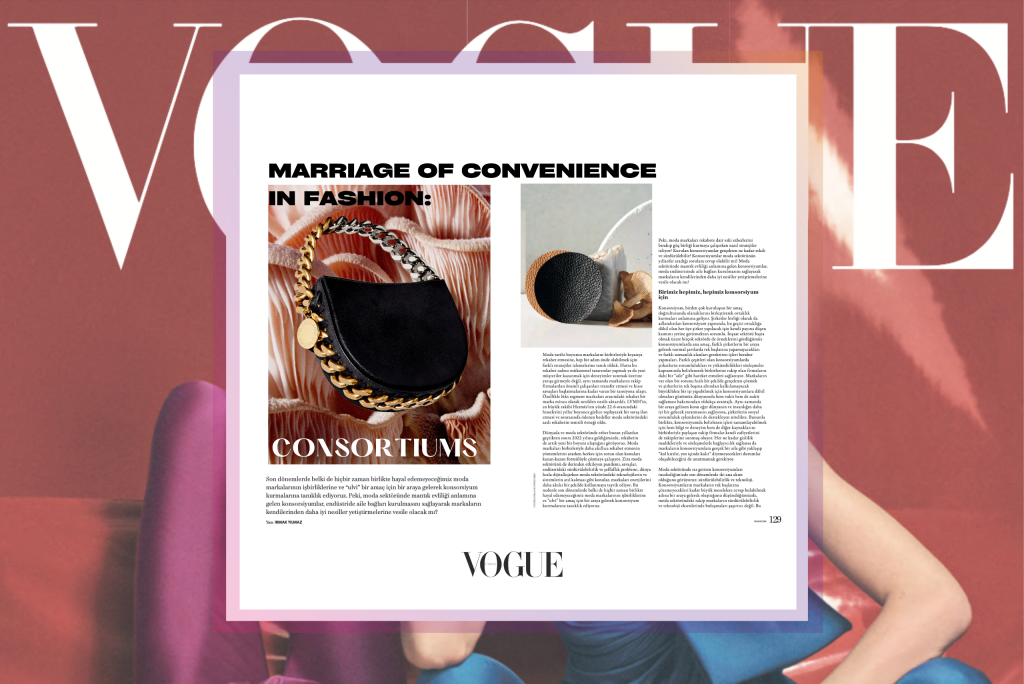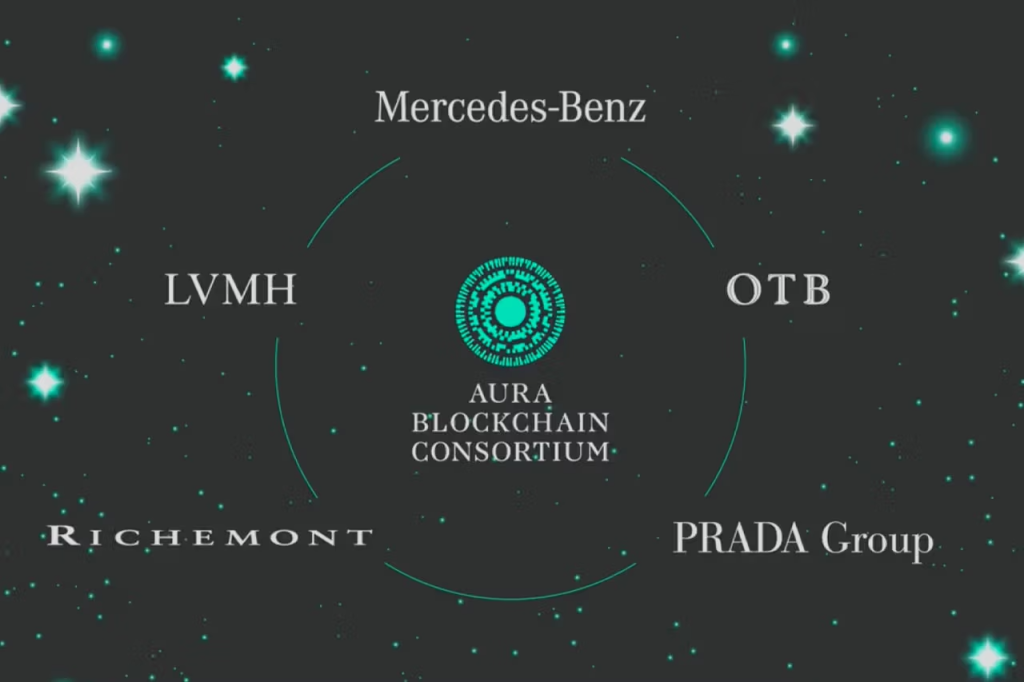Marriage of Convenience In Fashion: Consortiums

Question:
Pandemics, wars, sustainability and transparency issues in the fashion industry, idle technologies and systems in a rapidly digitalizing world, and other factors that deeply affect this sector are encouraging brands to use their energy more rationally.
As a result, we have recently seen fashion brands collaborate and form consortiums for a “higher” cause, something that we would never have imagined before.
What kind of strategies do fashion brands follow when they abandon their old competitive routines and join forces? How effective and sustainable are these consortiums? Can consortiums be the answer to the questions the fashion industry has been searching for years?
Throughout this article, I will discuss these issues with Dan Widmaier, CEO of Bolt Threads, the company that founded the Mylo™ Consortium with Kering, Stella McCartney, Adidas, and Lululemon; and Daniela Ott, Secretary General of the Aura Blockchain Consortium with LVMH, Prada Group, and Cartier. Can consortiums, which can be seen as marriages of convenience in the fashion industry, enable brands to raise better generations than themselves by establishing family ties in the fashion world?
Analyzing the consortiums that have made an impact in the fashion industry reveals two main trends in recent times: sustainability and technology. When brands come together to form consortiums to solve issues that are too big for them to solve alone, it is not surprising that competing brands in the fashion industry collaborate on sustainability and technology initiatives.
In the last two years, two important consortia have been formed to solve two of the industry’s biggest problems: the Mylo™ Consortium and the Aura Blockchain Consortium.

Aura Blockchain Partners
2022
Mylo Consortium
2022

